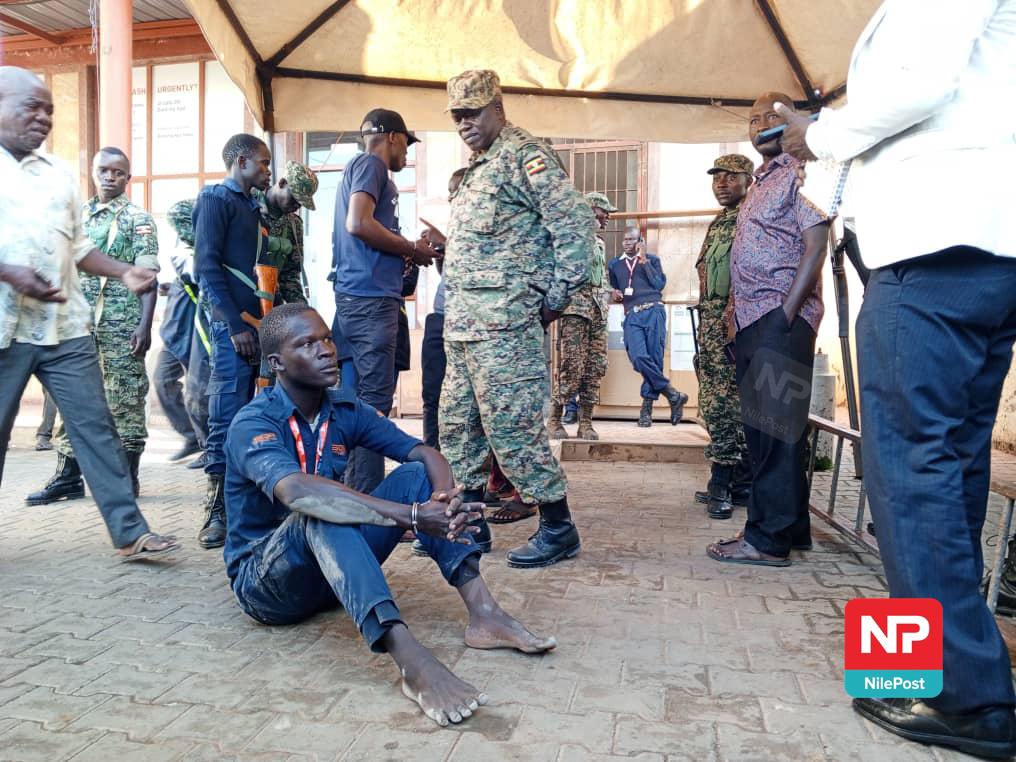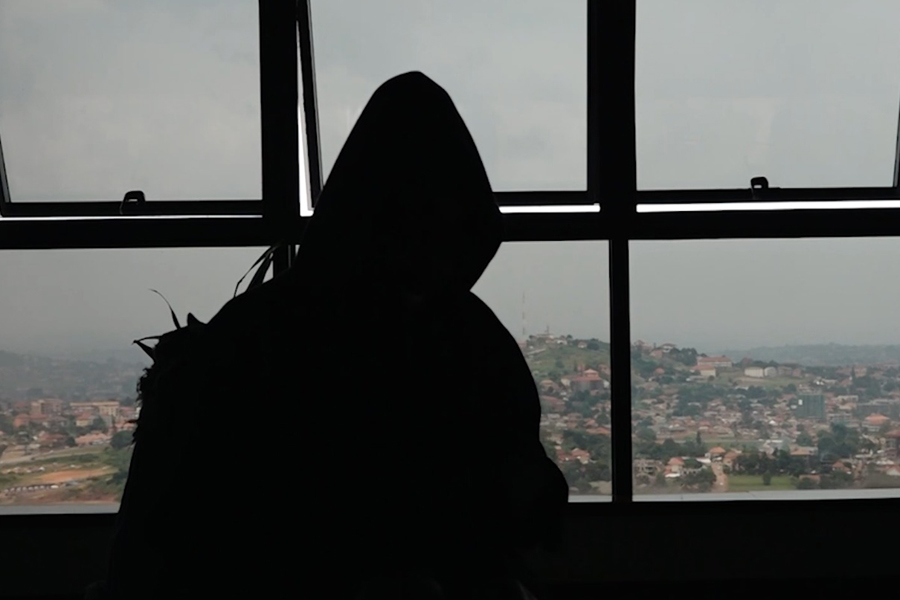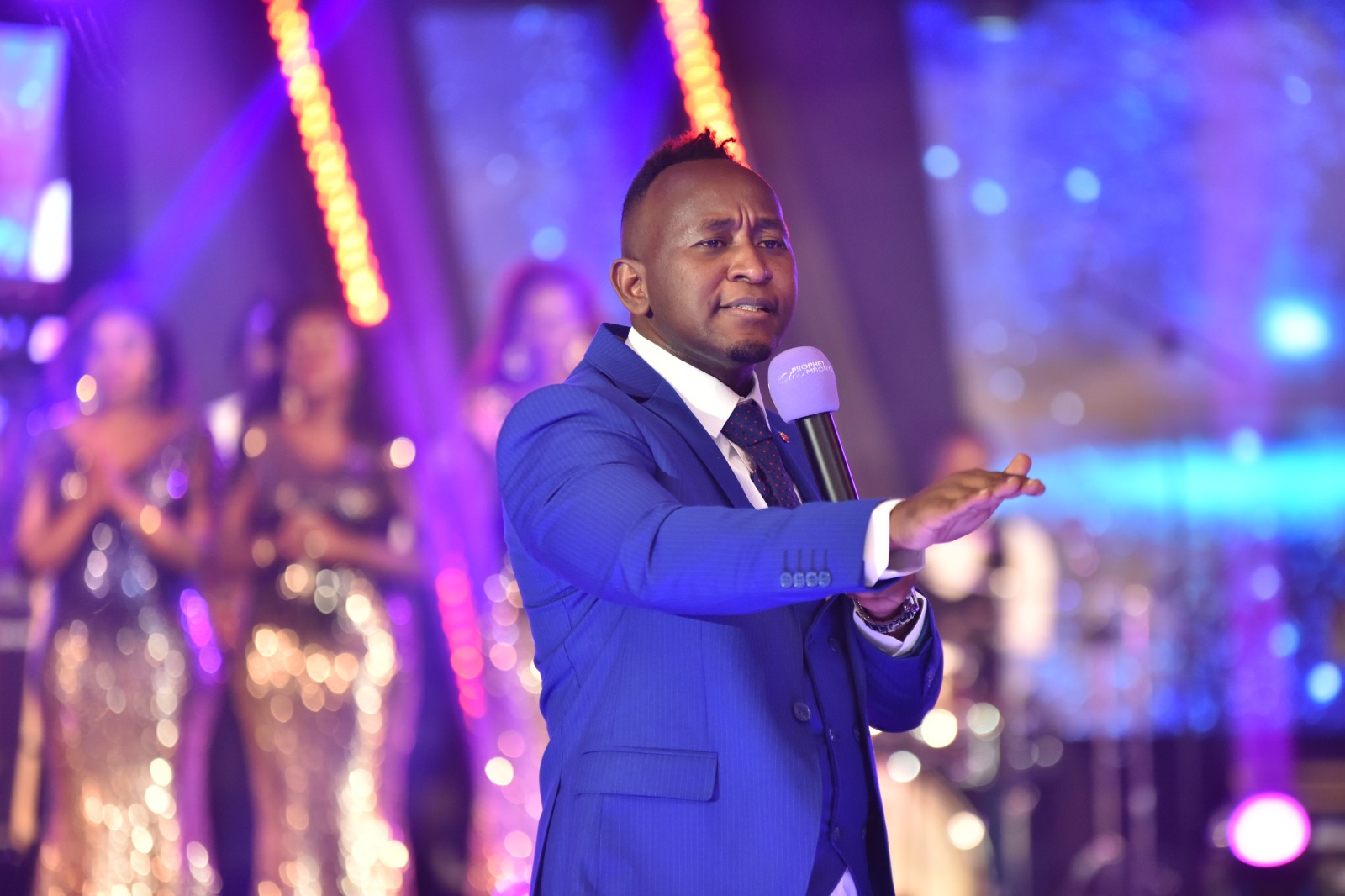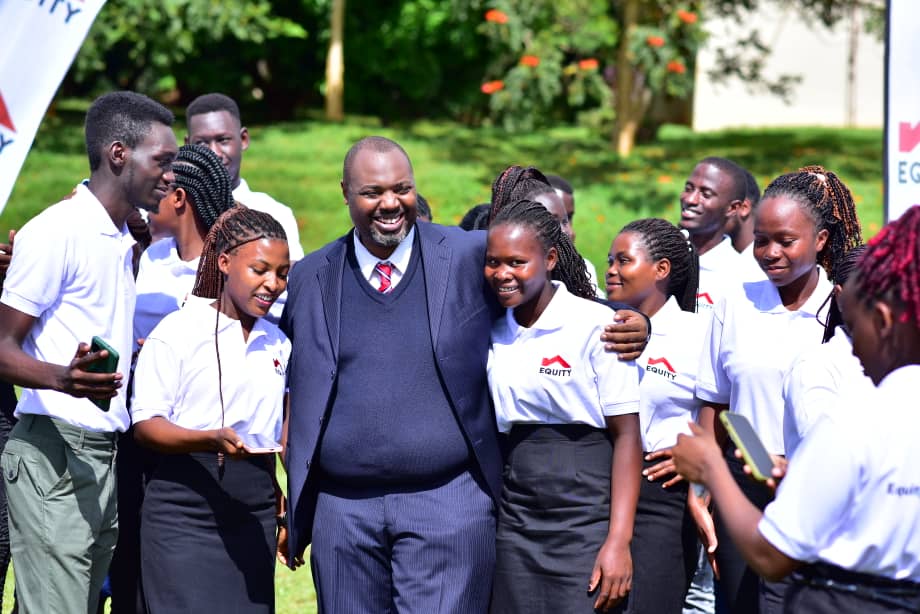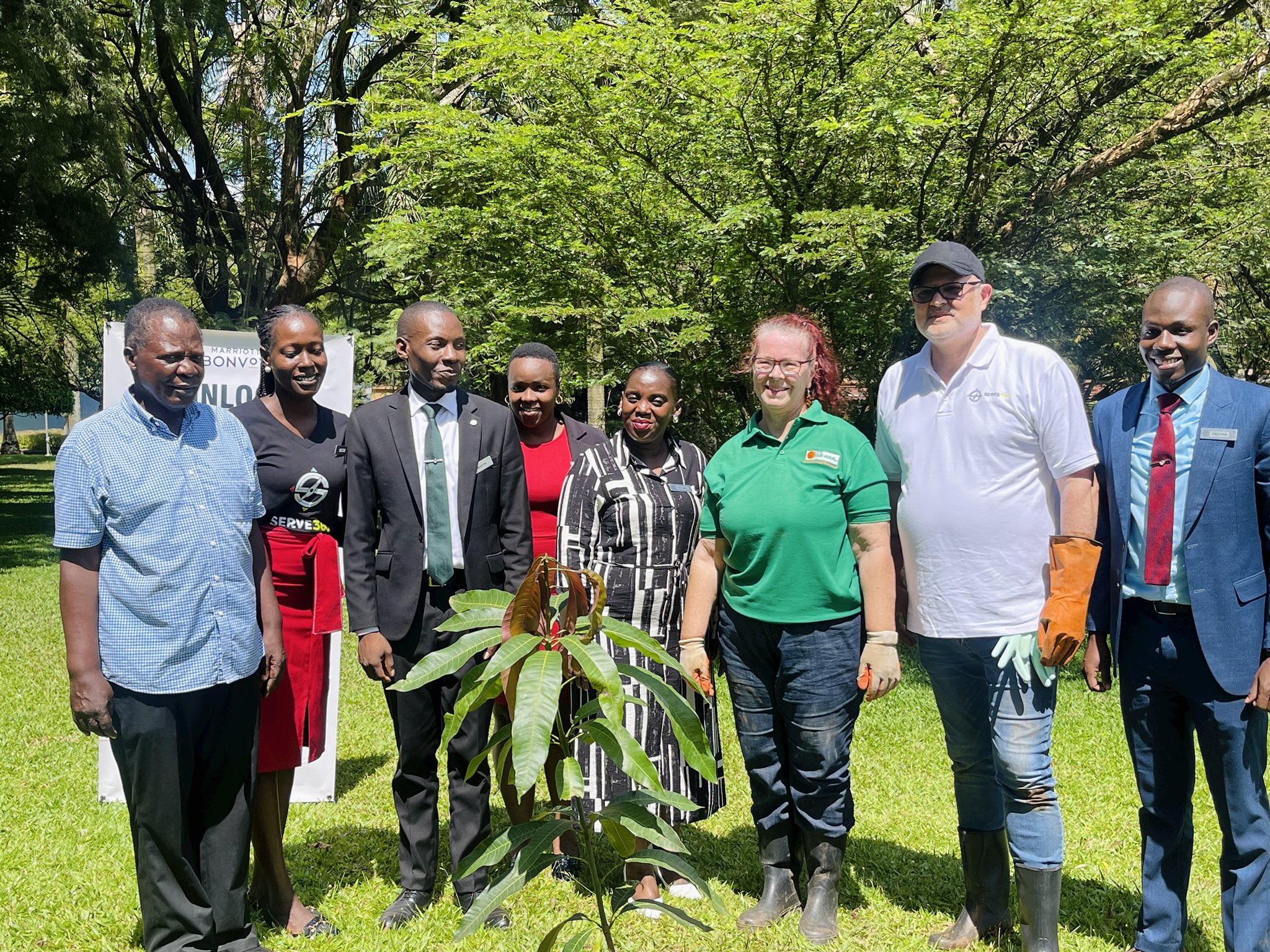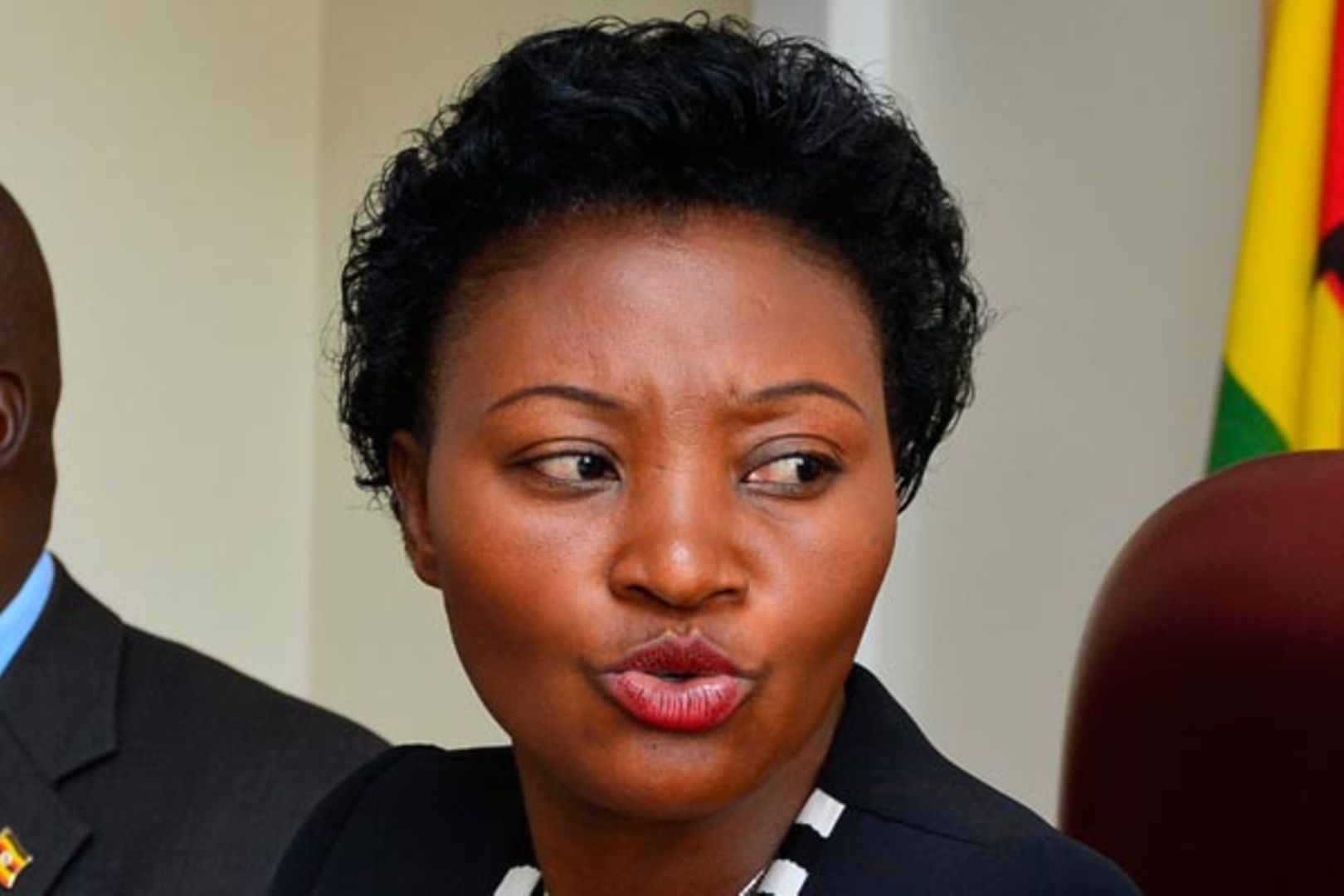Part 3: Cunning, Justice Steven Kavuma rose through the ranks Machiavelli-style
Investigations
Controversy, it seems, is justice Steven Kavuma’s middle name. A ruling he delivered on April 11, 2009, enhanced that reputation.
Sitting as single justice of the Constitutional court, Steven Kavuma ventured into the world of issuing interim orders, something that actually came to define his career,has come to define his career.
At the awkward hour of 9.00 pm on that fateful day in April, Kavuma issued an interim order suspending the general court martial case in which former army commander Maj Gen James Kazini had been accused of creating ghost soldiers.
Kazini was represented by MacDosman Kabega, who has also represented Kavuma in a number of cases.
Eight months later on November 10, 2009, Kazini was killed before his main petition could even be heard by the Constitutional court.
Kavuma’s eccentricity was only beginning. In 2013, he wrote a minority judgment, arguing that his colleagues erred in giving parliament’s ad hoc committee the green-light to continue investigating the then Prime Minister Amama Mbabazi and two cabinet ministers over allegations that they received bribes from oil companies.
Kavuma had been one of the five justices who heard a petition filed by a one Severino Twinobusingye, challenging parliament’s authority to pass and implement resolutions that included forcing the Mbabazi, to step aside.
The other resolution challenged by the petitioner was the creation of an ad hoc committee to investigate the said allegations.
The said resolutions were passed during a stormy session on October 11, 2011, which the Constitutional court compared to mob justice. The court headed by then Deputy Chief Justice, Alice Mpagi Bahigeine alongside justices Augustine Nshimye, Stella Arach-Amoko and Remmy Kasule, ruled that while parliament’s resolution to force Mbabazi and his colleagues to step aside was unconstitutional, the ad hoc committee was in order.
However, Justice Kavuma, a member of the panel, differed with the last bit.
He dismissed his colleagues’ reasoning, arguing that they were wrong to rule that parliament acted akin to mob justice as it passed the resolutions and, in the same vein, allow the ad hoc committee that emerged from that session to carry on.
“The manner in which the Members of Parliament and the Speaker of Parliament conducted the affairs of that august House during the period the impugned resolutions were debated and passed, the un-parliamentary language used by some MPs as reflected in the official Hansard of the House and the very emotional and hostile fashion hitherto unprecedented, since the time this country returned to parliamentary democracy, was not in keeping with the basic tenets of the constitution and was, therefore, necessarily and logically unconstitutional, ” Kavuma ruled.
Kavuma also turned his guns to the judiciary that he serves. On July 12, 2013, he was joined by Justices Remmy Kasule and Augustin Nshimye in temporarily locking down the Anti-corruption court following a legal challenge lodged by lawyer Davis Wesley Tusingwire, who argued that magistrates were serving in the court illegally.
Six months later, Justice Solomy Balungi Bossa who was supported by Justice Remmy Kasule, Geoffrey Kiryabwire and Lillian Ekirikubinza ruled to open the court “in the interest of fighting corruption in the country.”
However, Kavuma who was part of panel dissented, noting that “corruption is a global problem but should be fought following the rule of law”.
Yet he did not have control over the events that would later catapult him to the lofty position of deputy chief justice.
On July 27, 2012, barely two years after her appointment, deputy Chief Justice, Alice Mpagi Bahigeine retired after clocking the mandatory 70 years of age. Bahigeine was replaced by the late Justice Constance Byamugisha, the most senior judge at the time at the Constitutional court, who served in an acting capacity.
Byamugisha’s tenure did not last long. She passed away in 2013, paving way for Kavuma.
To be fair, Kavuma became acting deputy chief justice, by virtue of the fact that he was the most senior judge at the court.
In the same year (2013), Justice Benjamin Odoki retired as the Chief justice.
With President Museveni procrastinating to appoint Odoki’s successor, Kavuma became the acting chief justice for about three years, without necessarily becoming a Supreme Court judge, as the norm had been.
He was the first judicial officer in Uganda to concurrently hold the positions of chief justice and deputy chief justice, in acting capacity.
Yet besides Bahigeine’s retirement and Byamugisha’s death, other developments had played out, which would go a long way in favoring Kavuma’s ultimate takeover of the court, in a style which his opponents hadn’t envisaged.
For instance, senior judges such as Christine Kitumba, Galdino Okello, and Amos Twinomujuni all earned promotions to the Supreme Court.
Others like George Engwau hang up his wig. With that, Kavuma imposed his own blueprint kind of management on the Constitutional court and Court of Appeal.
Unknown to his detractors, some of Kavuma’s moves appear to have been directly borrowed from Niccolò Machiavelli’s, 1513, hand book, “The Prince”. The Prince is a manual for those who wish to win and keep power. In “The Prince”, Machiavelli tells his readers that he is writing for a particular kind of leader who has achieved power through his own cunningness and force, and not for a person who has been handed power.
He claims that he thinks more highly of people that have a special kind of ambition and a knack for glory and charisma. Obviously, this was targeted towards people in the 1500s, and it took five centuries for a Machiavellian figure to arrive in Uganda’s Judiciary.
Aptly described in psychological terms, Machiavellianism is a personality trait which sees a person so focused on their own interests that they may even manipulate or deceive others to make their ambition a reality. Kavuma had always been compared to Machiavelli even before his arrival at the Constitutional court and the case will remain the same even after his departure. His charm, desire and charisma were always held in high regard, but now at the helm of Uganda’s judiciary, Kavuma showed his true Machiavellian capabilities.
On March 31, 2014, Kavuma now with Court of Appeal and Constitutional court, in his full control, exhibited callousness in using his judicial powers to deal with an individual the government wanted to get rid of using all possible means.
The person to deal with here was Kampala Lord Mayor Erias Lukwago, who had been reinstated to office following a stern ruling by High court judge Lydia Mugambe on March, 27, 2014.
Justice Mugambe had ordered Lukwago to return to office and stopped the Electoral Commission from organizing the mayoral by-election earlier planned for April 17, 2014. The no-nonsense Mugambe held Peter Nyombi, the then Attorney General, KCCA Executive Director, Jennifer Musisi and Frank Tumwebaze, then minister of presidency and Kampala Capital City Authority in contempt of court. Their, sin, she said was for defying court orders that temporarily blocked the removal of Lukwago as lord mayor.
On March 31, 2014, Lukwago had barely settled in his office when Kavuma delivered a dramatic ruling kicking the opposition strongman out of office.
State Attorney Martin Mwabutsya filed an application seeking a reversal of justice Mugambe’s ruling at 9am. Justice Kavuma promptly scheduled a hearing minutes later. So urgent was the matter that Kavuma abruptly abandoned a case he was hearing [at the time] together with justices Kenneth Kakuru and Solomy Balungi Bossa. During the hearing, Kavuma locked out journalists and Lukwago’s lawyers, saying that the matter was to be heard ex-parte (meaning only one side having legal representation). Locked inside Kavuma’s boardroom were: Justice Kavuma, Tumwebaze, Mwambutsya and KCCA lawyers Charles Ouma and Dickson Akena. After Kavuma’s ruling, Tumwebaze, Mwambutsya , Ouma and Akena left Kavuma’s boardroom through an emergency back door, disappointing waiting cameramen and other journalists. It has been three years since the ruling, Lukwago was re-elected again as lord mayor in 2016, but Kavuma has never fixed the date for the hearing of attorney general’s appeal against Justice Mugambe’s judgment.
The travesty of justice did not end there. Who remembers Justice Catherine Bamugereire’s KCCA tribunal 2013 findings? Who remembers that she had recommended the removal Lukwago as lord mayor on grounds of misconduct, abuse of office and incompetence? Then who remembers that Lukwago challenged the findings, the case was allocated to Justice Yasin Nyanzi , of the civil division of the High court, but Kavuma intervened and gave an order staying the hearing of the case. Well, Justice Nyanzi is now situated at the criminal division of High court and Lukwago’s case has never seen the light of the day, four years down the road, thanks to Kavuma.



